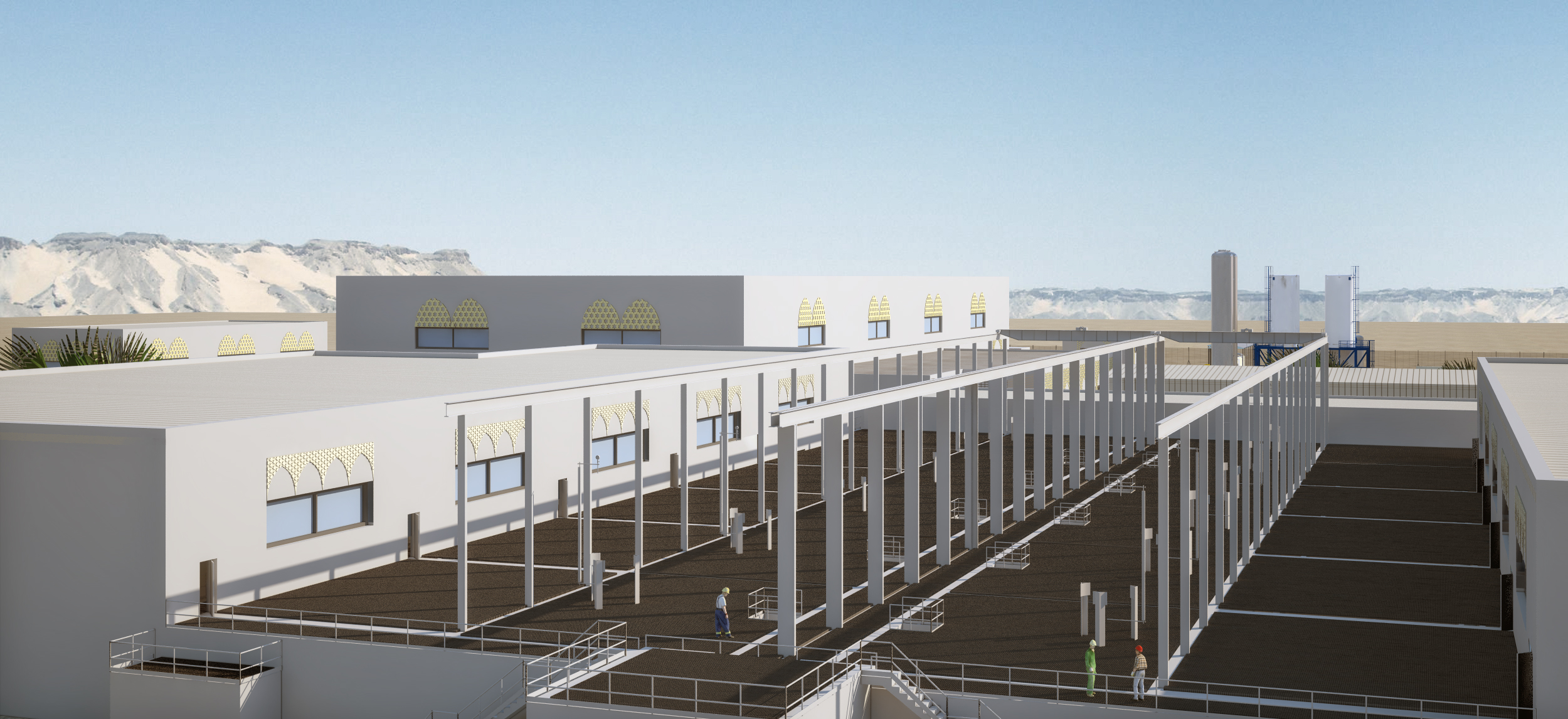
Muscat: Four initial tenders were floated by Oman Power and Water Procurement Company (OPWP) on Sunday to develop two independent water projects – one each in Duqm and Khasab.
These tenders are for the selection of consultants to conduct onshore and offshore studies for determining whether the seabed areas are smooth or sand, as well as the quality of water and other aspects related to the potential site, which will assist bidders indeveloping anaccurate idea about the overall design and other project requirements.
The proposed Duqm independent project will have a water desalination capacity of 60,000 cubic metres per day, while the Khasab desalination project will provide 16,000-20,000 cubic metresof water generation capacity, according to sources familiar with the tender.
These projects, which are expected to be completed by late 2019, are aimed at meeting the growing demand for water in the country’s different regions. As far as the water grid is concerned, apart from the main interconnected system, the Sultanate has four independent zones – Salalah, Duqm, Khasab and Sharqiya.
Demand for potable water in Oman’s northern region, which includes Muscat governorate, is projected to grow by six per cent per annum during the next five year horizon, from 238 million cubic metres in 2013 to 349 million cubic metres in 2020. This compares to the previous seven-year forecasts in which average annual growth was in the range of three to five per cent, according to a seven-year outlook for power and water demand released by OPWP last year.
A combination of population growth and industrial development, including tourism projects, is cited as a major reason for the growth in demand for potable water.
Of late, requests for proposals for two independent water projects – Salalah and Sharquiya - have been floated by OPWP, whichoversees the procurement of all new electricity generation and water desalination capacity in the country.These two projects are expected to be ready by early 2019.
The findings of studiesof the Duqm and Khasab independent water projects will be distributed among potential bidders, while floating the request for proposal tenders (RfPs) so that bidders will be in a better position to gauge the condition of ground and seabed areas. Based on this information, bidders are expected to have a better idea about design and piling requirements.